LEO STRAUSS AND THE REDISCOVERY OF MAIMONIDES
Kenneth Hart Green
THE UNIVERSITY OF CHICAGO PRESS
Chicago and London
Kenneth Hart Green is associate professor in the Department for the Study of Religion at the University of Toronto. He is the author of Jew and Philosopher: The Return to Maimonides in the Jewish Thought of Leo Strauss.
The University of Chicago Press, Chicago 60637
The University of Chicago Press, Ltd., London
2013 by The University of Chicago
All rights reserved. Published 2013.
Printed in the United States of America
22 21 20 19 18 17 16 15 14 13 1 2 3 4 5
ISBN-13: 978-0-226-30701-5 (cloth)
ISBN-13: 978-0-226-30703-9 (e-book)
ISBN-10: 0-226-30701-8 (cloth)
ISBN-10: 0-226-30703-4 (e-book)
Library of Congress Cataloging-in-Publication Data
Green, Kenneth Hart, 1953author.
Leo Strauss and the rediscovery of Maimonides / Kenneth Hart Green.
pages cm
Includes bibliographical references and index.
ISBN-13: 978-0-226-30701-5 (cloth : alkaline paper)
ISBN-10: 0-226-30701-8 (cloth : alkaline paper)
ISBN-13: 978-0-226-30703-9 (e-book)
ISBN-10: 0-226-30703-4 (e-book)
1. Strauss, Leo. 2. Maimonides, Moses, 11351204Influence. 3. Philosophy, American20th century. 4. Jewish philosophyTo 1500. I. Title.
B945.S84G74 2013
181'.06dc23
2012033255
 This paper meets the requirements of ANSI/NISO Z39.48-1992 (Permanence of Paper).
This paper meets the requirements of ANSI/NISO Z39.48-1992 (Permanence of Paper).
For Sharon
LOVE IS ONE SOUL DWELLING IN TWO BODIES.
ARISTOTLE
Every person... who trains in wisdom,... [and] who discovers joy in virtue, celebrates a festival their entire life. To be sure, such people are only a tiny number; they are like embers of wisdom kept smoldering in our cities, in order for virtue not to be altogether smothered and to disappear from our race.
PHILO JUDAEUS OF ALEXANDRIA
There are different kinds of these people: first those who seek the right path. When one of them rejects anything as false, he will be lifted towards a better symbol which is nearer to the truth and is not open to that objection; and if he is satisfied with it, he will be left where he is. When that better symbol is also rejected by him as false, he will be lifted to another rank, and if he is then satisfied with it, he will be left where he is. Whenever a symbol of a given standard is rejected by him as false, he will be lifted to a higher rank, but when he rejects all the symbols as false and has the strength and gift to understand the truth, he will be made to know the truth and will be placed into the class of those who take the philosophers as their authorities. If he is not yet satisfied with that and desires to acquire philosophical wisdom and has himself the strength and gift for it, he will be made to know it.
ABU NASR AL-FARABI
I am the man who when the concern pressed him and his way was straitened and he could find no other device by which to teach a demonstrated truth other than by giving satisfaction to a single virtuous man while displeasing ten thousand ignoramusesI am he who prefers to address that single man by himself, and I do not heed the blame of those many creatures. For I claim to liberate that virtuous one from that into which he has sunk, and I shall guide him in his perplexity until he becomes perfect and he finds rest.
MOSES MAIMONIDES
It seems that all great things first have to bestride the earth in monstrous and frightening masks in order to inscribe themselves in the hearts of humanity with eternal demands.
FRIEDRICH NIETZSCHE
Maimonides... was a truly free mind.
LEO STRAUSS
CONTENTS
ACKNOWLEDGMENTS
I WOULD LIKE TO ACKNOWLEDGE THOSE WHO HELPED me to formulate and refine the ideas that brought about this book. It is a distinct pleasure to recognize the friendship of Martin D. Yaffe, who generously shared his knowledge and wisdom in conversations too numerous to count. I am also grateful to three good friendsClifford Orwin, Arthur Fish, and Norman Doidgefor scores of discussions that sparked myriad clarifying thoughts on this topic.
I would like to express my appreciation to those intrepid students (graduate and undergraduate) who have come along with me and engaged in the study of Maimonides The Guide of the Perplexed in a seminar that I have been teaching for the past twenty years or so at the University of Toronto. I am grateful to all of them. Moreover, Erik Carlson of the University of Chicago Press deserves special mention for his superlative copyediting, which went much beyond the call of duty. I also owe a debt to the anonymous readers of the University of Chicago Press, who made various substantial suggestions for the improvement of the present book. And I am grateful to Martin D. Yaffe and Evan Lowe, both of the University of North Texas, for their dedicated and carefully considered production of the index.
Sincere thanks are due to the Social Sciences and Humanities Research Council of Canada for its generous support during the years that I did research on Strausss works on Maimonides, which was also of immeasurable help in the composition of this book.
Last but not least, I would like to say a word about the dedication: it is an expression of gratitude to my wife Sharon, whose intelligent listening and critical responses have assisted me in avoiding the worst pitfalls and helped me to move toward the light.
ONE
The Unanticipated Maimonides
LEO STRAUSSS MODERN EXPLORATION OF THE DISTANT domain of Moses Maimonides medieval Jewish philosophic thought, almost entirely lapsed from modern consciousness, was akin to embarking on a voyage of discovery. For however much the name of Maimonides may still have been revered by some, it is undoubtedly the case that the realm of thought in which this thinker dwelled wasin contemporary philosophy as well as in contemporary Jewish thoughtan almost-forgotten, lost, neglected, or unknown domain: Strauss had to be immoderately daring from the start just to assert its contemporary relevance.
The unplanned result of his lifelong search for the real Maimonides, which he conducted both as a scholar of Jewish thought and as a student of Western philosophy, was the uncovering of an entirely different history of Western thought, and the further uncovering of an entirely different Maimonides. This is the veritable lost continent of thought that Strauss rediscovered. The idealized defense of Maimonides proffered by Cohen, and the distorted criticism of Maimonides promulgated by Spinoza, both proved defective, forced, and unsatisfactory: they did not do justice either to the subtle thought of Maimonides or to his complex soul, and hence to his obvious contradictions. Strauss seems to have discovered the unavoidable and even irreducible character of the tension between Jerusalem and Athens for modern Western philosophy in Nietzsches notion of the superman: at the high point of Nietzsches philosophy, his supreme goal for man in the future unites or even synthesizes Jerusalem and Athens (the body of Caesar with the soul of Christ), i.e., he who is the harshest analyst and the most ferocious critic of the biblical legacy consciously cannot and will not fully renounce its legacy, even if Strauss thinks he did not resolve the tension adequately.
What is the almost theological-political determinism of modern thought, according to Strauss, repeats itself in almost generation in different forms. It may be walked through in the following series of steps. Modern thought arose from a horror both at the spiritual illnesses with which biblical religion, or rather Christianity, was beset (and with which, as a result, Europe was afflicted) and at the fierceness with which it resisted honest rational diagnosis and cure by its own wisest doctors of the soul.
Next page

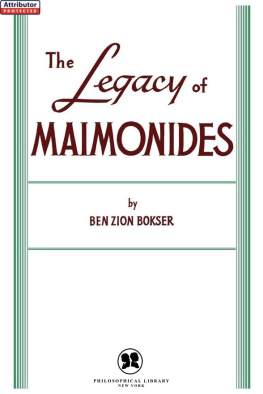
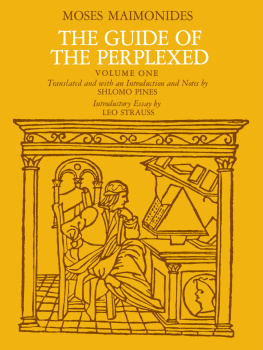
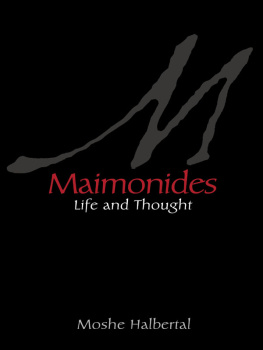
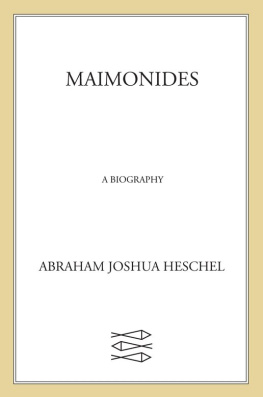

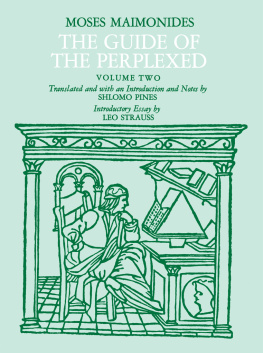
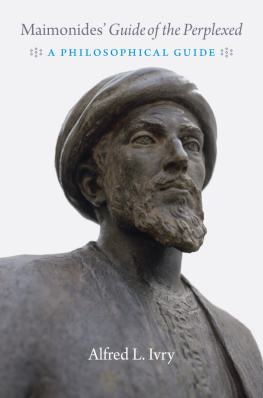
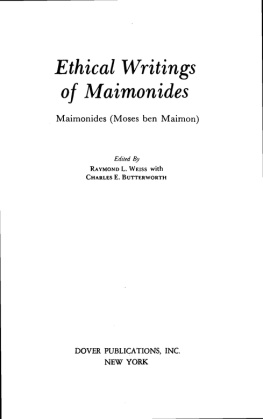
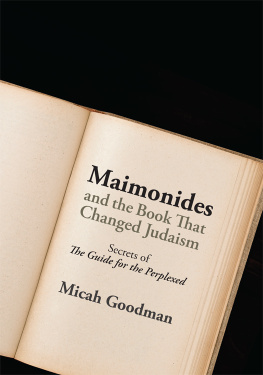
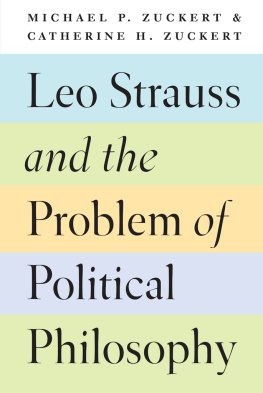
 This paper meets the requirements of ANSI/NISO Z39.48-1992 (Permanence of Paper).
This paper meets the requirements of ANSI/NISO Z39.48-1992 (Permanence of Paper).